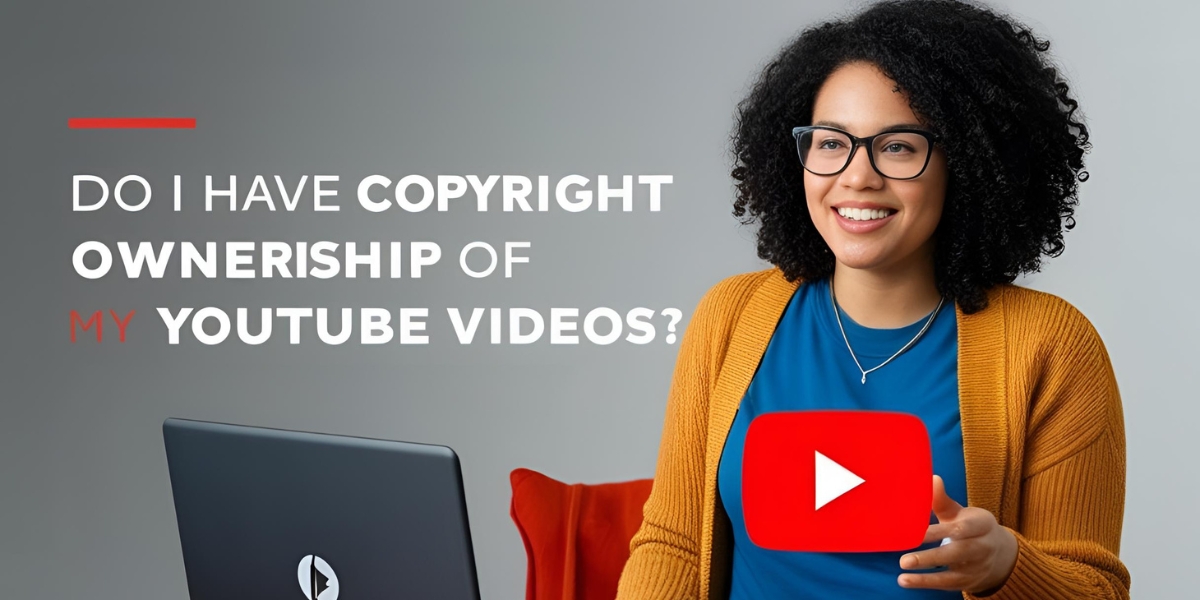Patents

Patent Law
A patent is a form of intellectual property that grants inventors exclusive rights to their inventions for a limited period, typically 20 years from the filing date. This exclusivity allows inventors to prevent others from making, using, or selling their invention without permission. Patents are crucial for fostering innovation by providing inventors with the incentive to disclose their creations to the public in exchange for these exclusive rights.
Most Common Patents:
- Utility Patents: These cover new and useful processes, machines, articles of manufacture, or compositions of matter. They are the most common type of patent.
- Design Patents: These protect new, original, and ornamental designs for an article of manufacture.
Patent Process Overview:
- Preparation: Before filing, it’s practical to conduct a thorough search to ensure the invention is novel. This involves searching existing patents and publications to ascertain that the invention hasn’t been previously disclosed.
- Application: The applicant submits a detailed application to the United States Patent and Trademark Office (USPTO). This application should include a written description of the invention, claims that define the scope of the invention, and drawings.
- Examination: A USPTO examiner reviews the application to determine if it meets the necessary criteria, including novelty, non-obviousness, and usefulness.
- Approval: If the application satisfies all requirements, the USPTO grants the patent, providing the inventor with exclusive rights for the duration of the patent term.
It’s important to note that patents are territorial; a U.S. patent only provides protection within the United States. Inventors seeking international protection must file in each desired country or utilize treaties like the Patent Cooperation Treaty (PCT).
For a more detailed understanding, refer to the USPTO’s resources on patent basics and the patent process overview.
Why Choose Daryl E. Scott for Your Patent Needs
Relying on a team of exceptionally skilled legal professionals, the law firm of Daryl E. Scott has a proven track record of excellence in patent law, and we’re ready to put those skills to work for you. Patent disputes and concerns can be very high stakes, and it’s important to have a patent lawyer by your side who has the experience required to meet your needs. With more than 30 years of combined experience, our team is well-versed in the patent process and dispute resolution. If you need to protect your intellectual property, you need a capable patent attorney like Daryl E. Scott. Don’t hesitate to reach out to learn more about how we can help you safeguard your work.
Contact Info
- 2009 Lubbock St Houston, Texas 77077
- Office: 832.446.3337
- dscott@darrylscottlaw.com
Not Sure if You Need Our Help? Schedule a Consultation Now!
Our Patent Process
You Created Something New
You cannot find a solution to a problem, so you invent a solution to the problem.
You Want To Protect Your Solution
Contact our firm to determine how to protect your invention.
We Begin Converting Your Idea Into A Patent
You and a member of our firm discuss the invention. Our firm begins preparing the documents and drawings for submission to the government.
Patent Filed
Our firm will submit the patent application as soon as you approve the documents. You can move forward with your idea in the market while we await the government’s response.
Government Responses
We will receive a response to our application and make the necessary adjustments or responses to register the invention.
Patent Registers
You will receive a patent book displaying your invention. Your idea will also be protected for up to 20 years.

Patent Tip
If you believe you have a patentable invention, don’t share the invention with anyone until you have consulted a patent attorney. If you share the ideas of your invention to anyone, you may invoke the “public use” bar which can impact your ability to obtain a patent.



